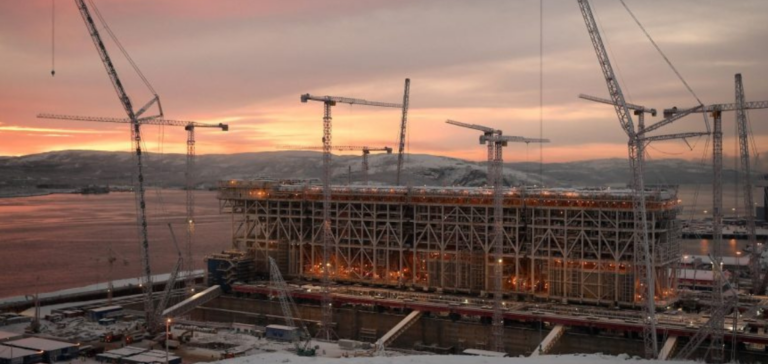US sanctions on Russia’s Arctic LNG 2 project have had a significant impact on the European liquefied natural gas (LNG) market. The US decision to target this particular project had immediate repercussions.
Arctic LNG 2 Shareholders and their LNG Purchase Agreements
Arctic LNG 2 is 60% owned by Novatek, but other shareholders also play a key role in the project. TotalEnergies of France holds 10%, as do CNPC of China and CNOOC of China. A consortium comprising Mitsui and Jogmec of Japan, called Japan Arctic LNG, also owns 10% of the project. These shareholders have signed long-term contracts to purchase LNG from the plant, in proportion to their shares in the project.
Russian LNG deliveries to the EU despite earlier sanctions
A notable feature of recent history is that Russian LNG deliveries to the European Union (EU) have remained robust despite previous sanctions. Since the invasion of Ukraine in February 2022, Russian LNG exports to the EU have continued to provide an essential source of liquefied natural gas.
Consequences of Previous Sanctions on Arctic LNG 2
The US had already imposed sanctions in September on two vessels intended to serve as transshipment terminals for LNG cargoes from the Arctic LNG 2 project. This decision had raised concerns about the creation of bottlenecks for market players, including many Asian companies. Previous sanctions had raised questions about the economic viability of the project and its future in the global LNG market.
US sanctions on Russia’s Arctic LNG 2 project have had an impact on the European LNG market, driving up prices. This decision is designed to limit Russia’s future energy production. Project partners, including TotalEnergies, are closely monitoring the situation as the market continues to adjust to the new geopolitical realities.






















